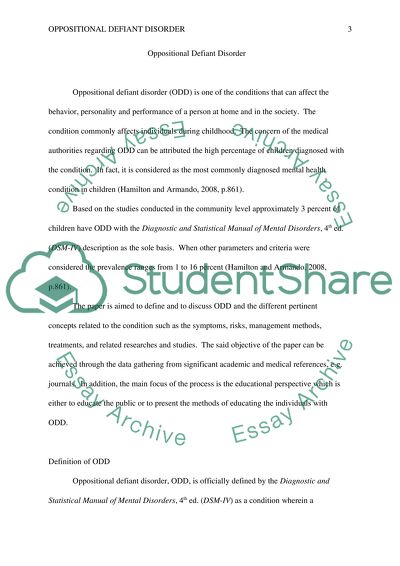Cite this document
(“Oppositional Defiant Disorder Term Paper Example | Topics and Well Written Essays - 4250 words”, n.d.)
Retrieved from https://studentshare.org/other/1425200-oppositional-defiant-disorder
Retrieved from https://studentshare.org/other/1425200-oppositional-defiant-disorder
(Oppositional Defiant Disorder Term Paper Example | Topics and Well Written Essays - 4250 Words)
https://studentshare.org/other/1425200-oppositional-defiant-disorder.
https://studentshare.org/other/1425200-oppositional-defiant-disorder.
“Oppositional Defiant Disorder Term Paper Example | Topics and Well Written Essays - 4250 Words”, n.d. https://studentshare.org/other/1425200-oppositional-defiant-disorder.


